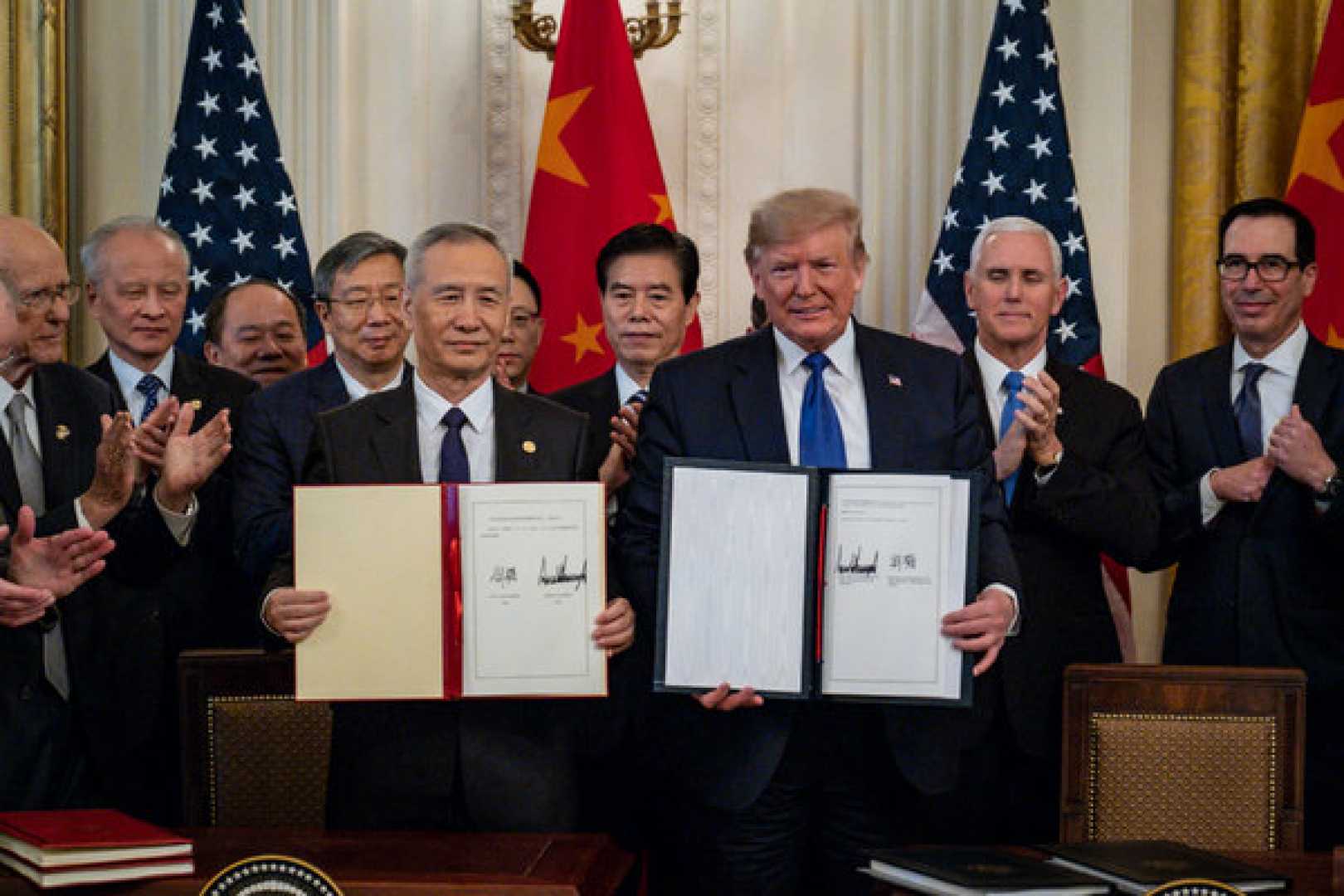News
Trump Announces Trade Deal With China Amid Domestic Pressures

WASHINGTON, D.C. — President Donald Trump confirmed on Thursday that the United States signed a trade agreement with China on Wednesday during a White House event. However, he did not disclose specific details of the deal.
Trump made the announcement while discussing a government spending bill that he is pushing Congress to pass before the upcoming July 4 holiday.
At the event focused on Republican priorities, Trump stated, “We just signed with China yesterday,” suggesting that the agreement would have positive implications. He further teased a potential larger deal with India, saying, “We have one coming up maybe with India. A very big one where we’re going to open up India.”
Among the attendees was border czar Tom Homan, who expressed frustration over the delays in legislative matters related to immigration enforcement. Speaking to the crowd, Homan said, “I get irritated. I get p*ssed off because I’m sick of meeting angel moms and dads,” referring to parents who lost children to illegal immigration. He argued that the spending bill was essential for national security.
During the event, Trump joked about Homan’s anger, saying, “He got so angry that he didn’t even shake my hand or look at me.” The president’s light-hearted comments contrasted with the serious nature of Homan’s testimony, concerning the ongoing challenges of immigration in the U.S.
In his address, Trump expressed support for a key legislative effort, stating that the proposed funding in the bill would contribute to enhanced safety measures. He underscored the urgency in passing this legislation ahead of Independence Day, reflecting the administration’s commitment to its agenda amidst political turbulence.
The trade deal with China highlights the administration’s attempt to navigate complex international relations while also addressing domestic concerns. As the July 4 deadline looms, lawmakers are under pressure to reconcile differing party priorities.












